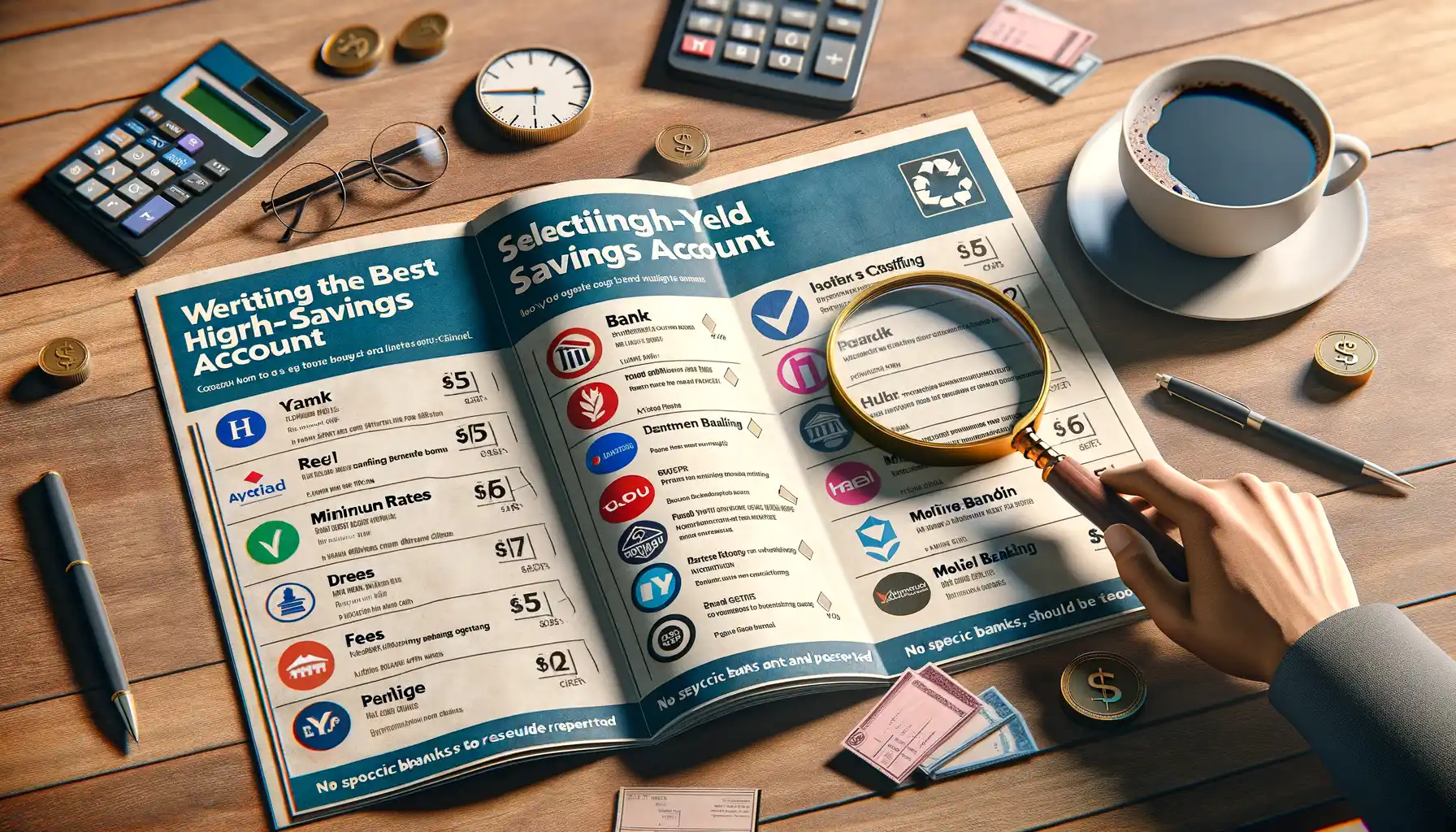Understanding Real Estate Investing Basics
Why Real Estate Feels Like a Safe Bet for Many
When people hear “investing,” their minds might jump to the stock market rollercoaster, but real estate? That’s the steady ship that often weathers the storm. Why? Because people will always need homes, offices, and shops. Real estate investing is like planting a tree; it takes time, care, and patience, but over the years, it can grow into a strong, sturdy asset.
Here’s the golden rule: you don’t need to be a millionaire to start, just a solid understanding of the basics. Get to know terms like cash flow, which is simply the money left after paying expenses on your property, and appreciation, the increase in value over time. And don’t forget about equity—your ownership stake grows as you pay down any loans.
- Cash Flow: Regular income from rental properties.
- Appreciation: Properties tend to gain value with time and improvements.
- Equity: Think of it as your slice of the property pie!
Think of It as Climbing a Ladder
Real estate is a journey, not a sprint. The first rung might be learning zoning laws or uncovering hidden gems through research. Ever noticed the buzz in neighborhoods where coffee shops and trendy boutiques start popping up? That’s a sign of potential growth!
Here’s the key: every step forward teaches you something new. Start with small properties or partnerships to ease in. You don’t need to buy a skyscraper to feel successful—sometimes a little duplex is the dream beginning.
Types of Real Estate Investments

Residential Properties: The Starting Line for Many
Picture this: you invest in a cozy single-family home, a duplex, or even a multi-unit apartment building. Suddenly, you’re not just “investing”—you’re creating homes for people while building steady streams of income. Residential properties often feel approachable for beginners because, well, who hasn’t dreamed about owning their own little piece of paradise? Plus, they’re typically in high demand. Whether you flip, rent, or live-in-and-renovate, these types of investments offer flexibility that’s hard to ignore.
Diversify with Commercial and Mixed-Use Properties
If residential real estate feels like the kiddie pool, then commercial properties—think office buildings, retail stores, or even warehouses—are the deep end of the investment game. These ventures can mean higher upfront costs but, oh, the rewards. Longer leases and fewer tenant turnovers can translate into more predictable returns.
And let’s not forget mixed-use developments, the perfect cocktail of residential and commercial spaces. Imagine a chic building where trendy cafés buzz downstairs while tenants savor loft-style apartments above. This blend lets you hedge your bets and tap into multiple revenue streams—like having two safety nets instead of one.
Key Strategies for Beginner Investors

Start Small, Dream Big
Taking your first steps into real estate? Picture this: you’re not building a towering skyscraper overnight; you’re laying the foundation brick by brick. Start with what you can manage—perhaps a single-family home or a small rental property. These are like your training wheels in the investment world. With time, those wheels come off, and you’ll be speeding ahead.
Consider this: instead of diving into big-ticket properties, focus on markets that fit your budget and offer consistent returns. Look for cities or neighborhoods with growing job opportunities, low vacancy rates, and high tenant demand. Your goal isn’t to hit a home run right away but to build confidence and gain experience.
- Research areas where people are flocking—job hubs, university towns, or retirement-friendly spots.
- Keep an eye on market trends, but don’t fall prey to “analysis paralysis.” Act when the numbers make sense!
Leverage Relationships Like a Pro
No one makes it in real estate alone. Real success lies in who you know and how you learn from them. Build a dream team—a trusty real estate agent, a meticulous inspector, and even a mentor who’s been around the block.
Trust me, leaning on expertise doesn’t make you weak—it makes you smart. Imagine buying your first fixer-upper and having a contractor advise you on affordable upgrades that skyrocket the property’s value. That’s the power of a solid network!
And don’t forget: *knowledge* is your best ally. Dive into free webinars, devour investment podcasts, or join local meetups for aspiring investors. Every connection could unlock unexpected opportunities.
Common Mistakes and How to Avoid Them

Rookie Moves That Can Derail Your Journey
Starting your real estate investing journey can feel like jumping into the deep end of a pool without knowing how to swim. But don’t worry—there’s a lifeline! Let’s talk about some common slip-ups that first-timers often make and how you can sidestep them like a pro.
One biggie? Overpaying for a property. Excitement can cloud judgment. You find that cute duplex with the charming porch and think: *“This is it!”* But emotions don’t pay the bills. Always, and I mean *always*, run the numbers: Is it worth it? Will it cash flow? Stick to facts, not feelings.
Another pitfall is skipping due diligence. Picture this: You close on a “dream deal,” and two weeks later, you realize the plumbing is practically a 70-year-old relic. Ouch, right? Get inspections done. Ask hard questions. Be nosy—your wallet depends on it.
- Ignoring location research: Does the area attract tenants or buyers? Or is it a ghost town?
- Underestimating costs: Repairs and vacancies sneak up, so budget generously.
Stay sharp, stay focused—and remember, mistakes are lessons in disguise. But wouldn’t it be great to skip the tuition?
Steps to Start Your Real Estate Investment Journey

Find Your Why and Set Clear Goals
Before you dive into real estate investing, take a step back and ask yourself: *Why am I doing this?* Is it to create a passive income stream? Build long-term wealth? Fund a dream lifestyle? Getting crystal clear on your purpose will help guide every decision you make.
Then, set your goals. Think about specifics:
- How much money do you want to earn monthly from real estate?
- What type of properties intrigue you most—residential rentals, commercial spaces, or perhaps vacation homes?
- What’s your ideal market—your hometown, a bustling city, or an up-and-coming suburb?
Each answer brings you closer to creating a tailored strategy that matches your ambitions.
Do the Homework, But Don’t Drown in It
Yes, knowledge is key, but *too much research* can leave you feeling stuck. Instead of spiraling into analysis paralysis, start small. Read a few respected books or listen to podcasts like BiggerPockets. Use tools like Zillow or Realtor.com to casually scout local markets.
When you’re ready to move forward, connect with pros: a trustworthy real estate agent, a mentor who’s been around the block, and a rock-solid accountant. Remember, you’re building a team—not going it alone!



